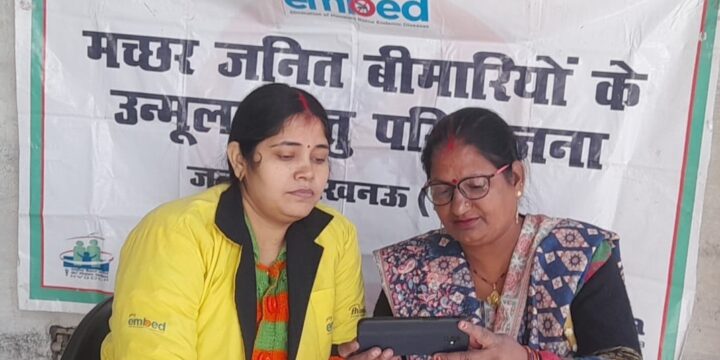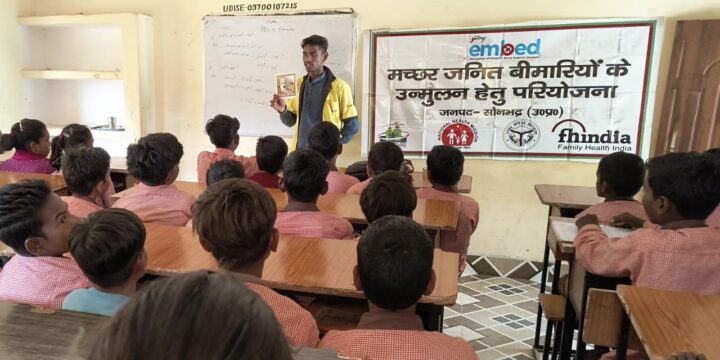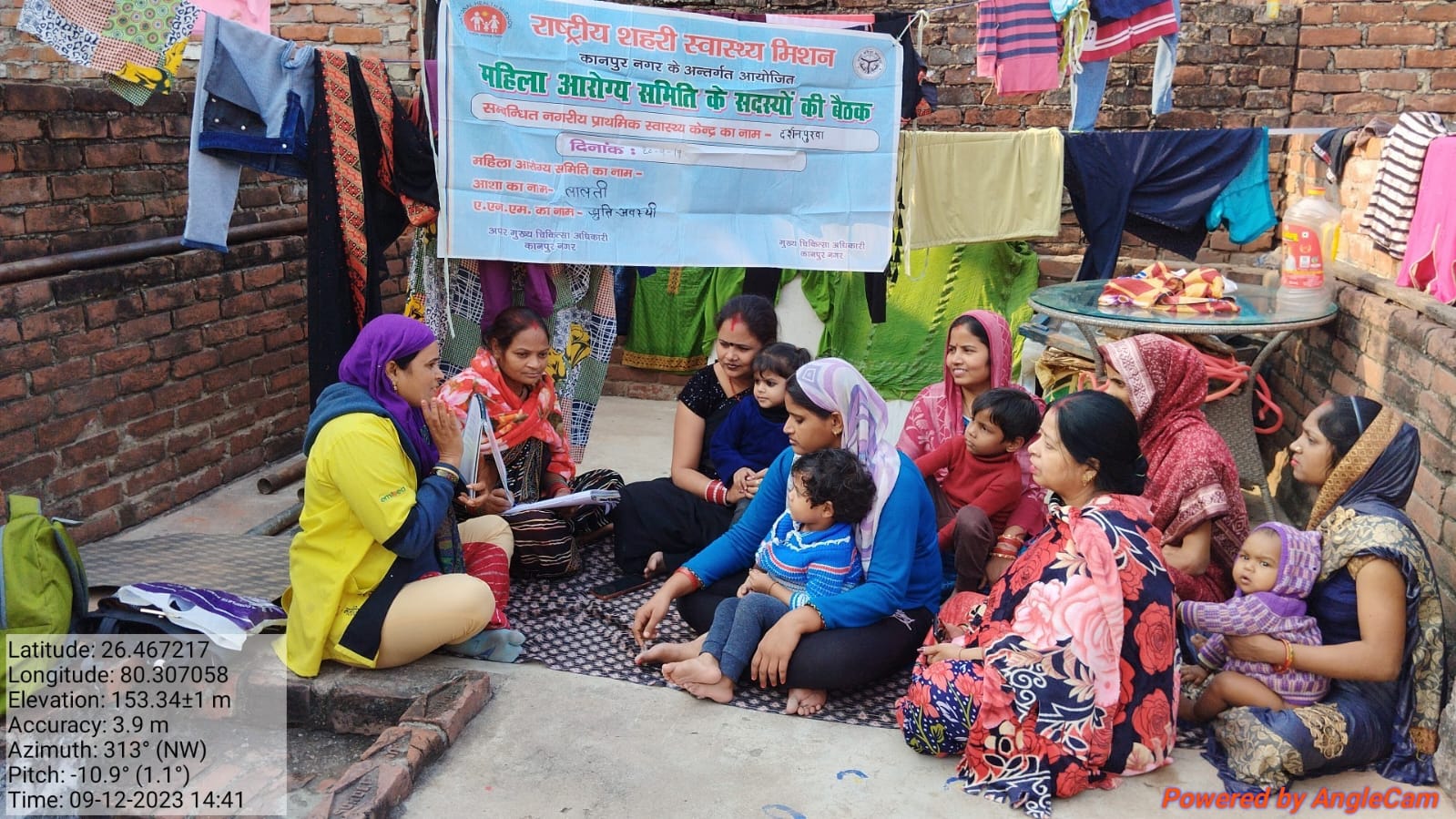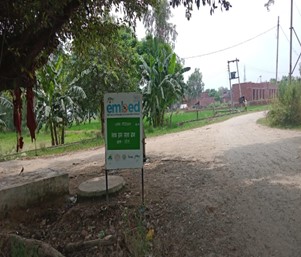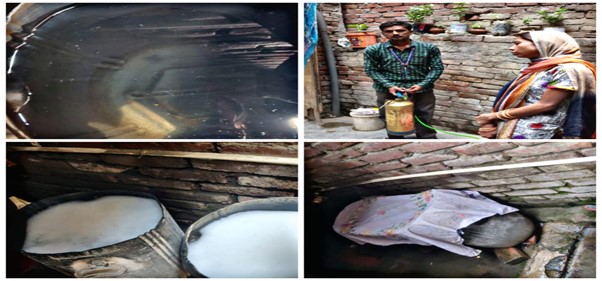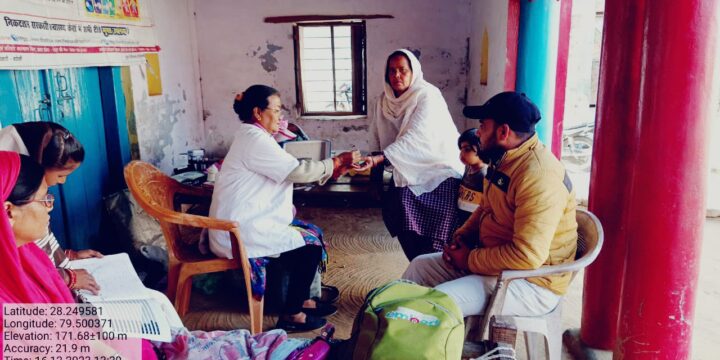
How VHND/UHND contributes to vector-borne disease control!
Overall, VHND and UHND serves as a vital tool for empowering rural communities as well as in Urban communities to take charge of their health and combat vector-borne diseases effectively. By promoting awareness, preventive practices, early diagnosis, and community participation, VHND/UHND contributes to a healthier and safer future for rural and urban populations. The effectiveness of VHND/UHND depends on its regularity, quality of implementation, and community engagement. VHND/UHND should be tailored to address the specific vector-borne diseases prevalent in the local area. EMBED team plays a crucial role for sustainable success of VHND/UHND. By reaching VHND/UHND and strengthening community-based approaches, we can make significant strides towards controlling vector-borne diseases and improving health outcomes in rural and Urban India.

